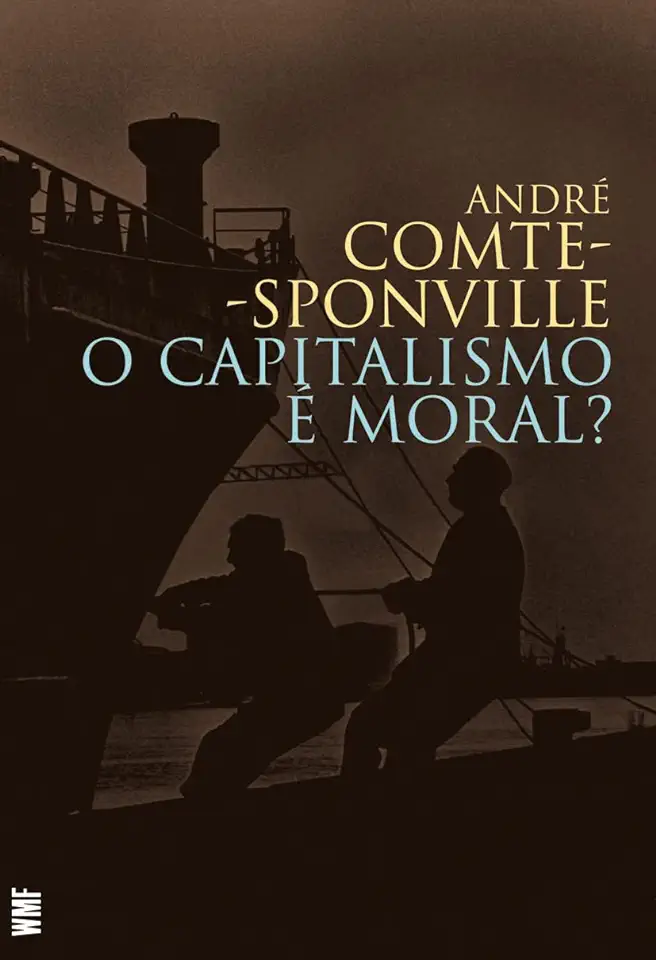
Is Capitalism Moral? - André Comte-Sponville
Is Capitalism Moral? by André Comte-Sponville
A Defense of Capitalism
In his book "Is Capitalism Moral?", French philosopher André Comte-Sponville argues that capitalism is not only the most efficient economic system, but also the most moral. He begins by defining capitalism as "a system of private property and free markets." He then argues that these two features of capitalism are essential for human freedom and prosperity.
Private Property
Comte-Sponville argues that private property is a fundamental human right. He says that the right to own property is essential for human dignity and autonomy. He also argues that private property is necessary for economic growth and innovation.
Free Markets
Comte-Sponville argues that free markets are the most efficient way to allocate resources. He says that free markets allow for competition, which drives down prices and improves quality. He also argues that free markets allow for innovation, which leads to new products and services.
The Moral Case for Capitalism
Comte-Sponville argues that capitalism is the most moral economic system because it promotes human freedom, prosperity, and innovation. He says that capitalism is the only system that can guarantee these three essential values.
Objections to Capitalism
Comte-Sponville acknowledges that there are some objections to capitalism. He addresses these objections in the second part of his book.
The Problem of Inequality
One of the most common objections to capitalism is that it leads to inequality. Comte-Sponville admits that capitalism can lead to inequality, but he argues that this is not a moral problem. He says that inequality is a natural consequence of human differences. He also argues that capitalism is the best way to reduce inequality, because it creates wealth that can be used to help the poor.
The Problem of Exploitation
Another common objection to capitalism is that it leads to exploitation. Comte-Sponville admits that exploitation can occur in capitalism, but he argues that this is not a systemic problem. He says that exploitation is a result of human greed, not capitalism. He also argues that capitalism is the best way to prevent exploitation, because it creates a system of checks and balances that prevents any one person or group from becoming too powerful.
The Problem of Environmental Destruction
Another common objection to capitalism is that it leads to environmental destruction. Comte-Sponville admits that capitalism can lead to environmental destruction, but he argues that this is not a necessary consequence of capitalism. He says that capitalism can be reformed to protect the environment. He also argues that capitalism is the best way to fund environmental protection, because it creates wealth that can be used to invest in green technologies.
Conclusion
Comte-Sponville concludes that capitalism is the most moral economic system because it promotes human freedom, prosperity, and innovation. He acknowledges that there are some problems with capitalism, but he argues that these problems can be solved through reform. He believes that capitalism is the best hope for a better future for humanity.
Why You Should Read This Book
"Is Capitalism Moral?" is a thought-provoking and persuasive defense of capitalism. Comte-Sponville's arguments are clear and concise, and he does an excellent job of addressing the most common objections to capitalism. This book is a must-read for anyone who is interested in the ethics of capitalism.
Enjoyed the summary? Discover all the details and take your reading to the next level — [click here to view the book on Amazon!]